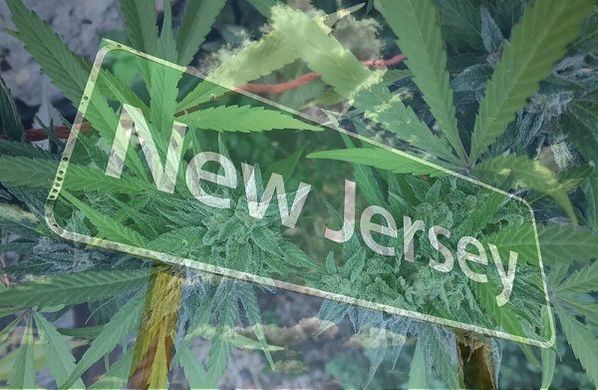Law enforcement officials in New Jersey urged to suspend low-level cannabis possession cases

As New Jersey state legislators focus on the implementation of a constitutional amendment to decriminalize cannabis for adult-use purposes across the state, law enforcement officials are being advised to suspend low-level cannabis possession cases.
Recently, prosecutors were given guidance from New Jersey Attorney General Gurbir Grewal. The AG says that juvenile and adult cases solely involving possession of the plant must be deferred by law enforcement officials working in every state, county and municipality.
Included in the types of cases that AG Grewal discussed with reporters are:
- Being intoxicated under the influence of cannabis;
- Any and all types of cannabis-related offenses committed by a disorderly or petty disorderly person;
- Cases whereby someone fails to make lawful disposition of cannabis.
“Fairness demands that we suspend prosecution of [cannabis] possession-related cases while we await direction from the [cannabis] on the parameters for decriminalization of [cannabis] and legalization of regulated adult-use cannabis,” Grewal explained. “It simply does not make sense or serve justice to proceed with prosecutions on charges that may be foreclosed soon through legislative action.”
The AG went on to say that prosecutors have been advised to either dismiss cannabis possession charges or, instead, seek prosecution for the remaining offenses. Conversely, statewide operating prosecutors should trust their judgement to completely call off a case.
New Jersey’s cannabis distribution-related cases won’t be affected by AG’s guidance
Although prosecutors must now take a step back from acting on juvenile and adult cases of cannabis possession in New Jersey, attorney general Grewal’s guidance suggests that cases whereby an individual is charged with distribution of cannabis or possession of the plant with intent to distribute must still be handled correctly. The AG noted that prosecutors will receive additional guidance once the state legislature has finalized the decriminalization and legalization process for cannabis in New Jersey.
In November, voters in New Jersey approved a statewide ballot measure to legalize the plant for recreational purposes. Surveys have revealed that many New Jersey residents favored the legal cannabis initiative by a measure of two to one. The successful vote of this constitutional measure, which was given the go-ahead to feature on the ballot in December 2019, means that adults aged 21 and over will legally be allowed to access and consume the plant.
Supported by Gov. Phil Murphy and many New Jersey residents, the recreational cannabis bill’s historic passing ended years of legislative efforts. Nonetheless, the state already boasts a well-established medical cannabis market that was effectuated back in 2010. There is still plenty of room for the market to grow, what with just a handful of dispensaries serving medical cannabis consumers nationwide; dispensary licenses are limited.
New Jersey lawmakers propose inclusion of social equity tax in cannabis bill
Residents who live in New Jersey’s low-income, minority communities can benefit from the legalization of adult-use cannabis. Why? Because the legislation clearly states that the members of communities hardest hit by the failed “war on drugs” stand to receive tax revenue earned through legal sales.
Delving further into the aspects of social equity tax in New Jersey’s cannabis bill, Senate Democrats recently huddled together to discuss the topic. During their conversation at a virtual roundtable meeting, a team of Democrats conversed with legal experts and racial justice advocates regarding the most prominent social justice issues pertaining to cannabis legalization via the referendum vote.
Initially, New Jersey’s recreational cannabis bill did not outline the fact that tax revenue would be allocated for the worst-impacted communities. However, after a number of racial justice advocates and members of the state Legislative Black Caucus urged lawmakers to reassess their tax allocation plans, provisions were drafted in both an Assembly bill and a Senate bill.
According to the details of the Senate version, 70 percent of sales tax revenue will be funnelled into community programs like healthcare, mentoring, legal aid and tutoring. In addition to this, NJ.com reports that a Social Equity Excise Fee will be applied to cannabis growers. Unlike this bill, the Assembly-drafted bill drafted only funds the aforementioned programs with taxes accrued from cultivation.







